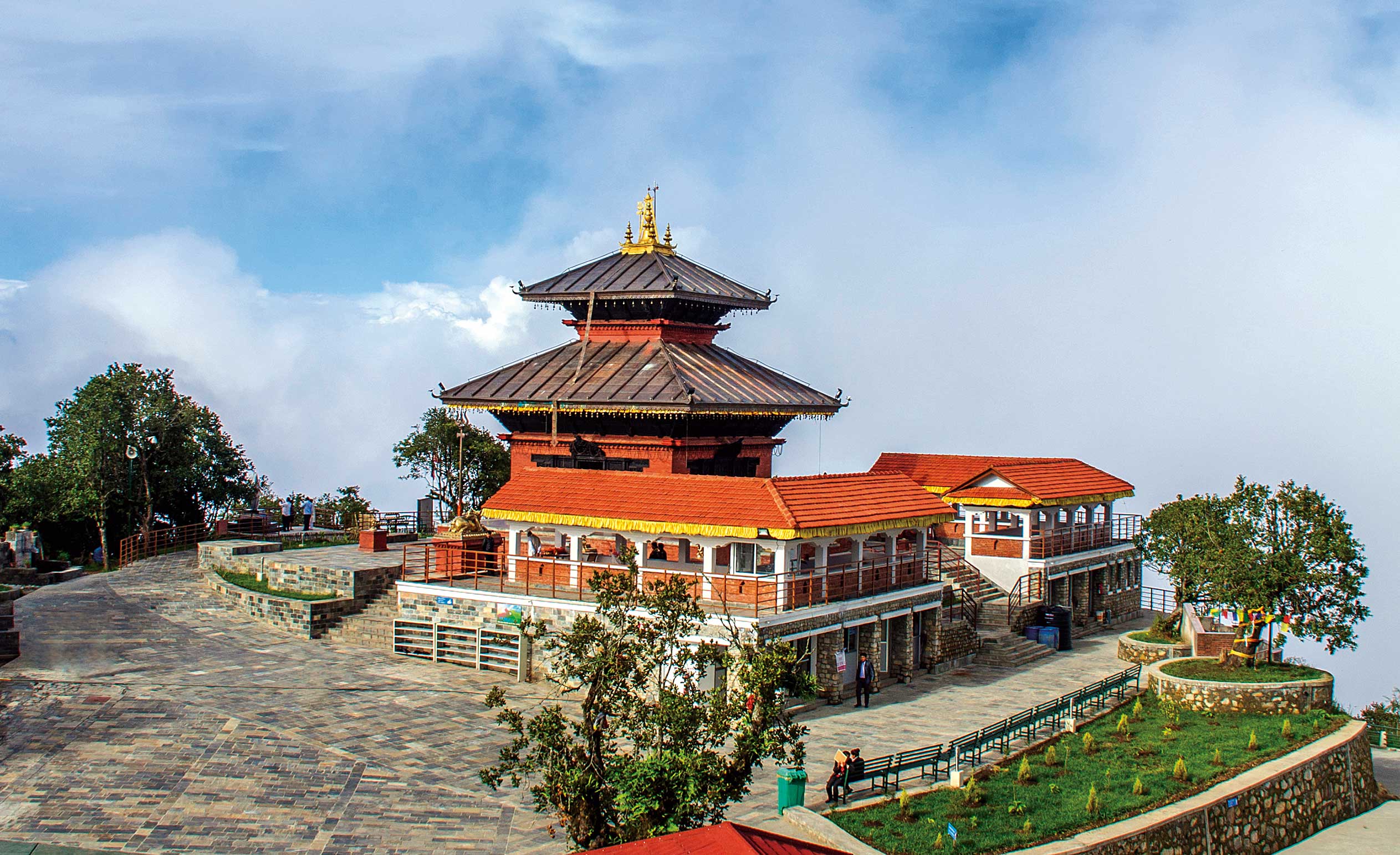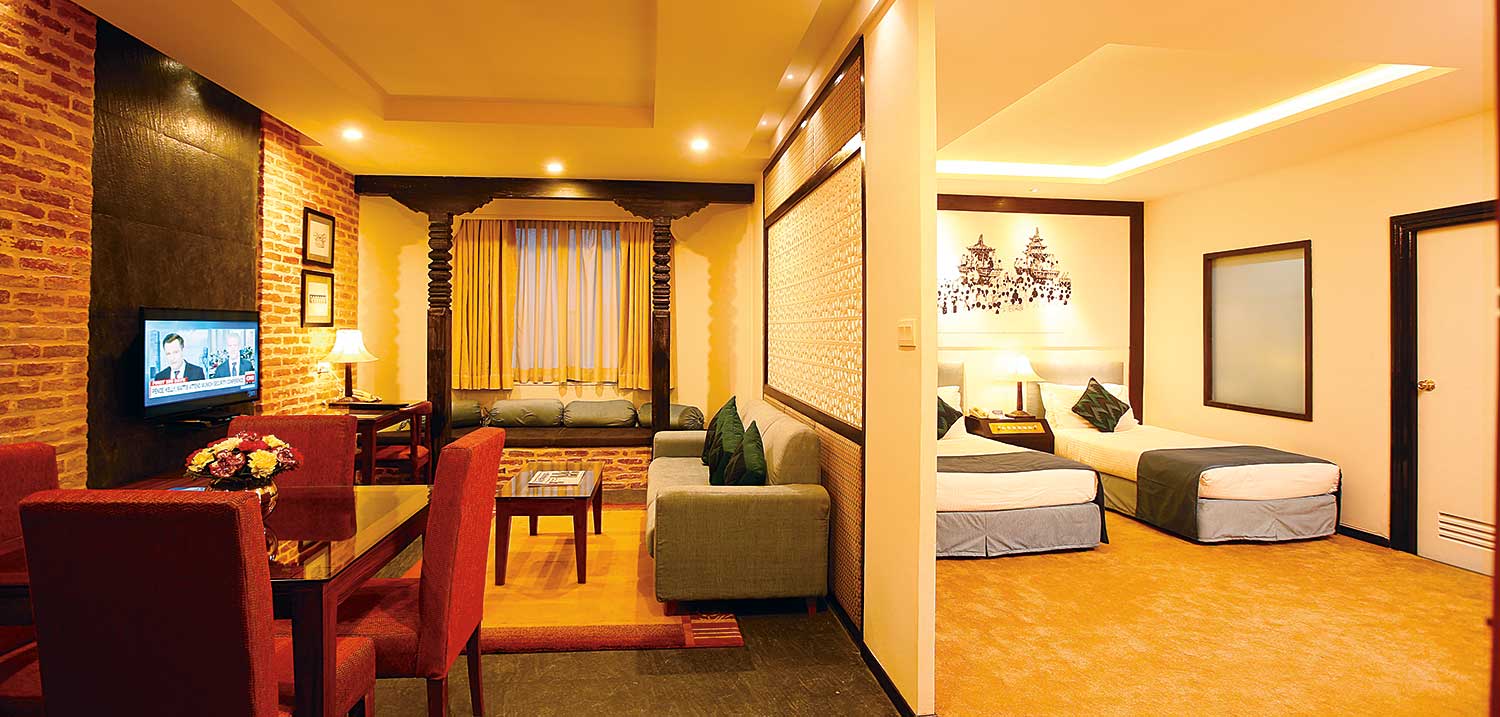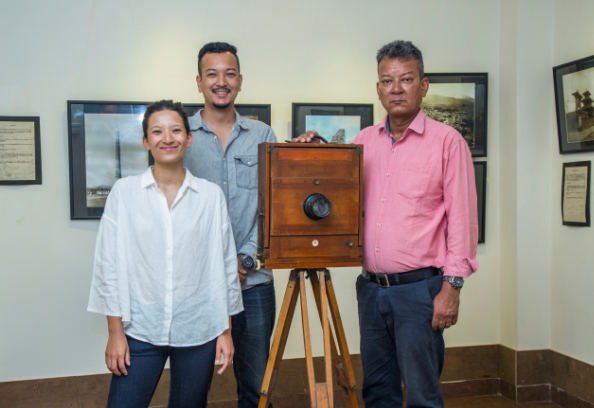Hypertension is the most common heart disease in Nepal and probably in the world. By definition, it is the abnormal elevation of blood pressure. The cause of hypertension in the majority of cases (90%) is unknown and referred to as essential hypertension. However, factors playing a role in its cause are hereditary, environmental, lifestyle and stress/tension. Aging is a natural human process when we gradually lose our skin elasticity and wrinkling occurs. Similarly, the blood vessel resistance increases with aging, resulting in the narrowing and hardening of the vessel lumen, which results in the elevation of the blood pressure. Thus, there is a linear relation of aging with hypertension. Blood pressure also tends to be higher in men than women. Variation in relation to race also does exist. Only 10% of hypertension cases are due to renal and adrenal disorders, known as non-essential hypertension.
The hypertensive patient is usually asymptomatic and diagnosis is usually made during routine blood pressure measurement for insurance or other similar purposes. Other times it is detected during investigations like routine ECG, cardiac ECHO, or when one’s ophthalmologist detects hypertensive changes in the retinal blood vessels. Very few individuals will exhibit symptoms like occipital (posterior part of head) headache, associated with giddiness or heaviness.
Then, we have the “white coat syndrome” phenomenon which is so termed when an individuals blood pressure shoots up by a few millimeter mercury upon being surrounded in a hospital environment or on seeing a new doctor in his white coat. To counter this , an investigation called ABP (ambulatory blood pressure test) is done which basically records 24 hour blood pressure every half hour. One does not have to be admitted to a hospital. The blood pressure cuff from one’s arm gets attached to a recorder device on your belt. This gives us a spectral idea of what one’s blood pressure is during sleep, work and other routine activities in a 24-hour period. The other routine investigations done to assess hypertension are routine urine, blood for renal involvement, ECG, cardiac ECHO to rule out congenital cardiac wall hypertrophy. Special tests are only needed to rule out the 10% secondary causes of hypertension (renal/adrenal) in young individuals with no family history of hypertension.
The major and at the same time common complications of high blood pressure are kidney damage and cerebral stroke besides affecting the cardiovascular system.
What is the normal/abnormal blood pressure range:
Recently all international medical establishments/forums including AHA American Heart Association) and WHO have re-evaluated to recommended the table below:
Why treat hypertension & how does it affect the cardiovascular system?
The heart muscle hypertrophies as a direct result of sustained high blood pressure. The thickened muscle requires increased blood supply and if not available then angina, heart failure/attack is the likely outcome. In the coronary vessels which supply blood to the heart itself, the vessel wall thickens with atheroma formation causing occlusion and subsequent heart attack. The aorta is the main blood vessel which emerges from the heart to supply blood to the whole body. If blood pressure is elevated in a sustained manner then dissection or thinning of the aorta vessel occurs & eventual rupture can occur. The effect on the brain can be insidious or acute. High pressure can cause deterioration of brain function in the long run or can suddenly cause brain hemorrhage.
What are the preventive aspects of hypertension or the first line of treatment?
Weight reduction
Smoking cessation
Alcohol moderation
Salt restriction
Routine physical activity
Learning to deal with stress/tension
Healthy diet
What are the risk factors?
Male sex, Diabetes Mellitus
Obesity, Hyperlipidemia
Alcohol abuse, Family history
Increased salt intake, Oral contraceptives
Smoking, Hypertrophied heart muscle
Stress/tension, Chewing tobacco
Weight reduction is an important parameter in hypertension control where there is decrease of one millimeter mercury blood pressure per kilogram decrease in weight. Alcohol moderation is an important factor, especially in heavy consumers. Low salt intake produces remarkable results in some, whereas in others it does not seem to play an important role. Hypertension affects both smokers & non-smokers, but it makes a significant difference to outcome and effectiveness of treatment. Stress has the effect of increasing blood pressure. In individuals subjected to frequent stress, the baroreceptors are reset at a higher level. Relief of stress though difficult to achieve has obvious benefits. Meditation and relaxation techniques have recently shown to lower blood pressure. Diabetes & hypertension have an interwoven dangerous relationship. Both are associated with obesity, coronary disease and renal disease. Hypertension runs in families. If both parents have hypertension, 50% of siblings will be affected; if only one parent is affected, the risk is 25%.
Treatment
The aim of treatment is to protect against organ damage and prevent fatal complications. Drugs are of many types and should be selected according to individual’s suitability criteria. Like all medications, anti-hypertensive medicines too have side effects in 1-5% individuals. Then there are medications avoided in diabetes, asthma, gout, and for the sexually active types among others. Thus, we have to be judicious and rational in our choice of medication. I have often heard of how people have stopped medication because of some advice from people with a little knowledge, sometimes resulting in fatal consequences. Remember, the old dictum-”Little knowledge can be dangerous.” In conclusion, we should all note that hypertension is a fairly common ailment in our society but is easily treatable with the plethora of medications available albeit with their judicious selection as per the individual’s requirement.
Dr. Baral is the consultant cardiologist at Ganga Lal Heart Institute & NORVIC Hospital. Ph: 4436612/4437610, Mobile: 98510-53577

Massage Away your Stress
A Five Thousand-Year-old Ayurvedic massage helps you de-stress from your hectic life. Life brings in a lot...









